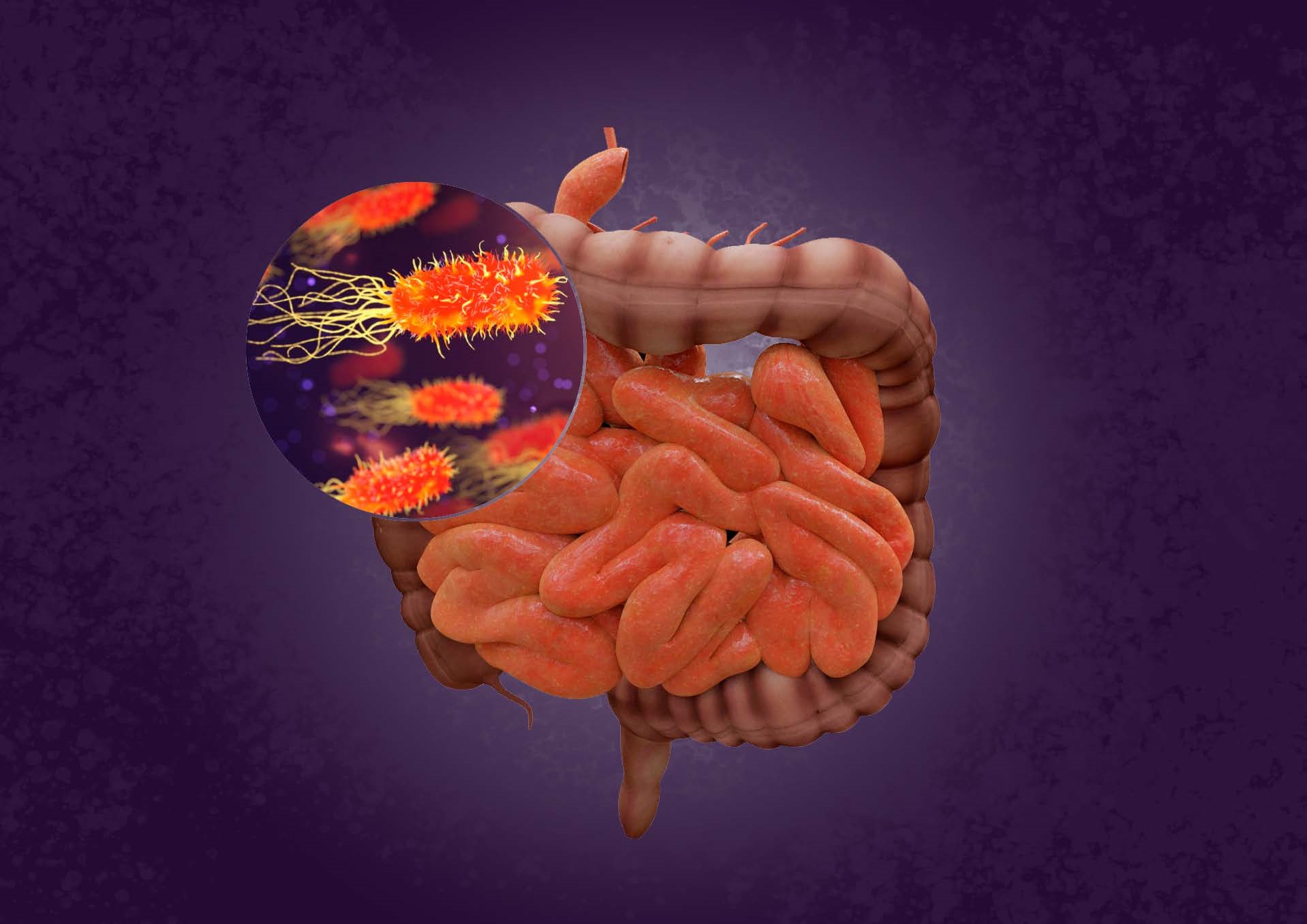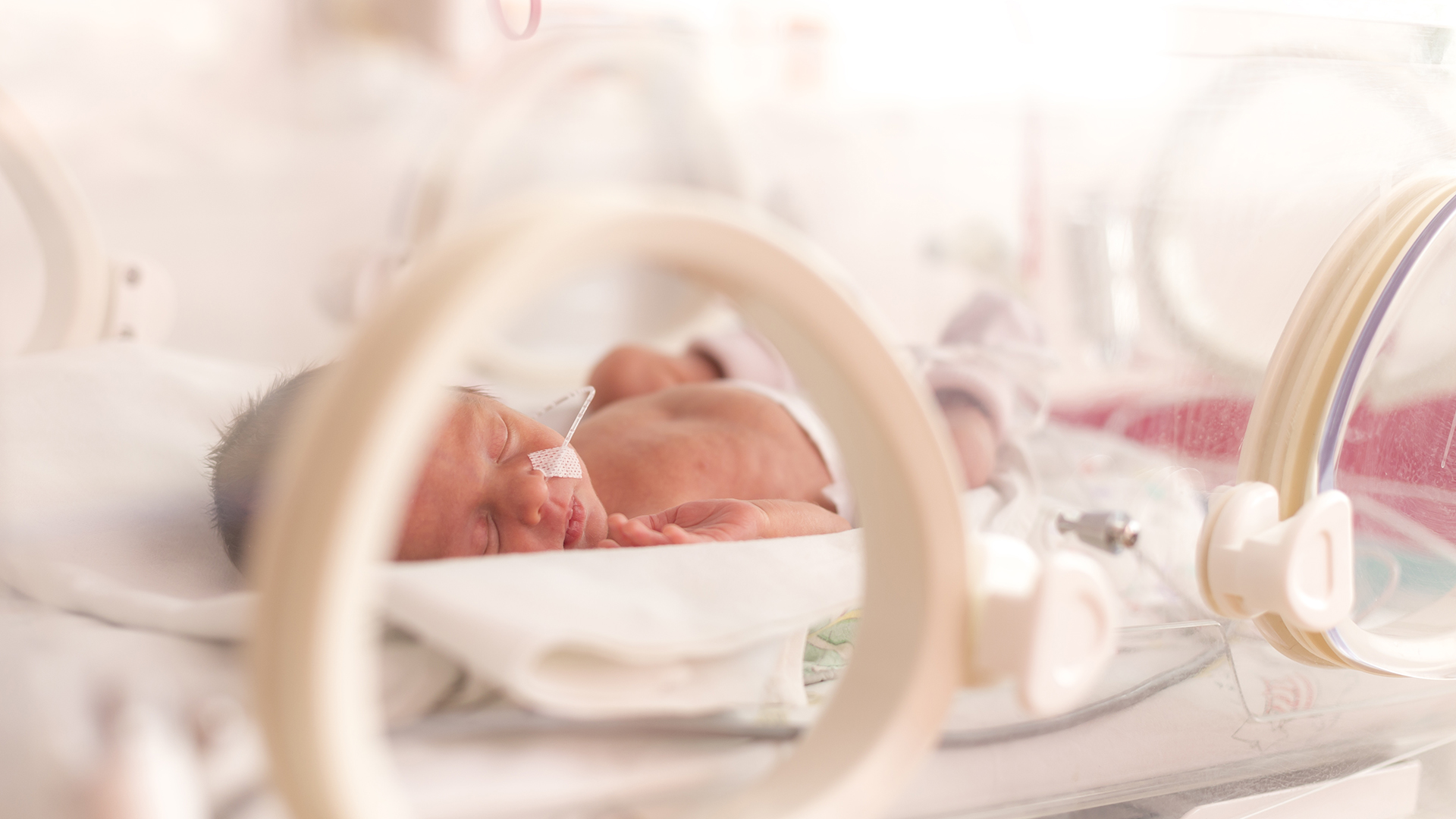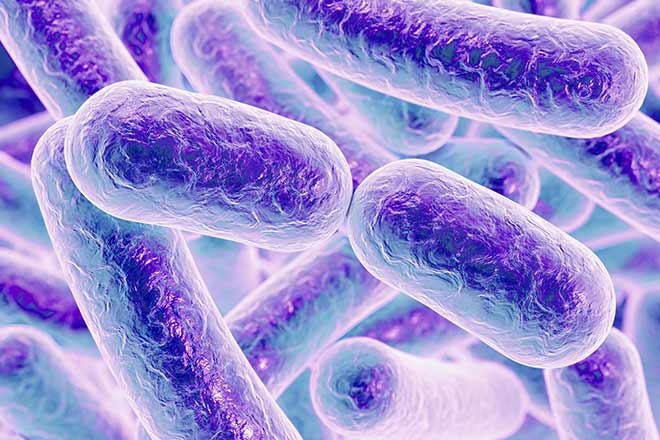
The early preterm infants they are particularly vulnerable to life-threatening events and usually require intensive care and medical intervention to survive. Despite improvements in neonatal intensive care, necrotizing enterocolitis (NEC) remains one of the leading causes of morbidity and mortality.
The disease affects 7 to 10% of premature infants or 1 to 5% of all admissions to the unit neonatal intensive care (NICU), with a devastating mortality rate of up to 50%. Premature babies fed breast milk are, on average, healthier than formula-fed. However, why that is true remains a mystery.
New research from the Institute of Genome Sciences (IGS) of the Faculty of Medicine of the University of Maryland (UMSOM), published in the Journal of the American Society of Microbiology, found that it’s not just the content of breast milk that makes the difference. It is also the way babies digest it.

Led by Bing Ma, Assistant Professor of Microbiology and Immunology at UMSOM and IGS researcher, a team discovered a Bifidobacterium strain of bacteria brief either brief b. in the gut of breastfed babies who received larger volumes of breast milk than their counterparts. Those premature babies absorbed nutrients better because they developed an intact intestinal wall a week after birth.
The probiotic B. breve was much less frequent in both infants formula fed as in breastfed babies with leaky gut. These last do not develop a barrier to protect against bacteria and digested food so that it does not enter the bloodstream. For the first time, the team also found that the way B. breve metabolizes breast milk keeps breastfed babies healthier and allows them to gain weight by strengthening their underdeveloped intestinal barrier. “Our discovery could lead to promising and practical clinical interventions for strengthen the intestine of babies and, therefore, increase the survival rates of the most vulnerable preemies”, Ma indicated.

It has long been known that the bifidobacteria in the gut or microbiome has health benefits. It includes a diverse set of strains that have very different properties. Some are only found in adults, others in adolescents.
a strain, Bifidobacterium infantishas been observed predominantly in term infants. scientists for study followed 113 premature babies who were born between weeks 24 and 32 of gestation. They found Bifidobacterium breve only in premature babies who had improved intestinal barrier function within a week after birth. The researchers discovered that Bifidobacterium breve is genetically equipped to digest nutrients within the cell membrane instead of the more typical external digestion process in which bacteria secrete digestive enzymes onto nutrients to break them down.
At the most basic level, the gut microbiome in these preemies breastfed with more B. breve metabolizes carbohydrates differently than it does with formula. The researchers say they hypothesize that this metabolism process then strengthens and matures the intestinal barrier faster, protecting fragile newborns from disease.

“Now we know that it is not only breast milk that helps premature babies to develop their intestinal barrier faster. We will have to find the best way to prophylactically administer B. brief early in life, rather than relying on transmission through breast milk or even the mother’s gut or vaginal microbiota during the birthing process. This is especially critical in formula-fed premature babies,” Ma said.

The scientists noted in their paper that further study is needed to determine whether B. breve originated in breast milk, the intestine, the mother’s vagina, or even the environment. E. Albert Reece, executive vice president for medical affairs at the University of Maryland, and dean of UMSOM, concluded, “This research can have a huge impact globally. As a last resort, could save thousands of premature babies from permanent disability or death associated with an immature, leaky gut that allows deadly bacteria to enter.
KEEP READING
